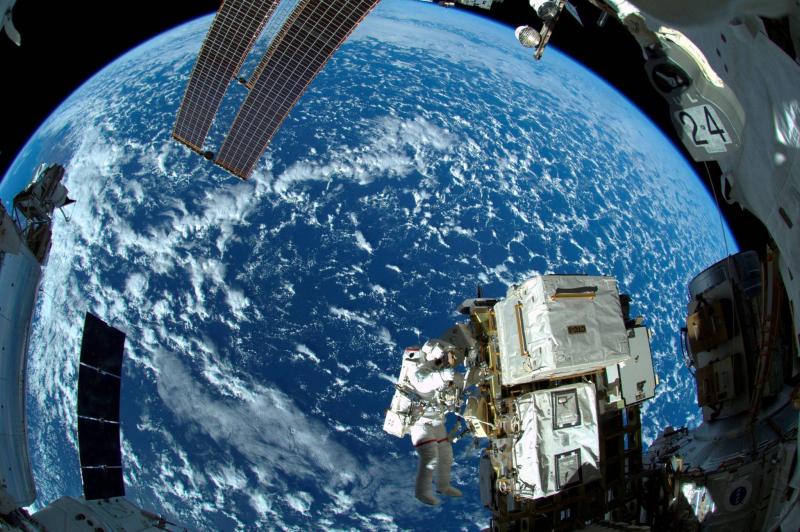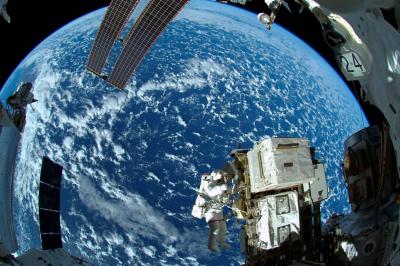According to the magazine Stem Cell Reports, American doctors have developed a new drug formulation that helps maintain the muscle health of astronauts while they are in microgravity conditions. The magazine reported that the "new drug, developed by American doctors, consists of a combination of hormones and proteins that enhance muscle regeneration and slow its decline during extended periods in microgravity. This drug has been successfully tested on muscle cell cultures that were sent to the International Space Station."
The magazine quoted Nghan Huang, an assistant professor at Stanford University, stating, "Space is a unique environment that accelerates many processes and changes in the body that are typically associated with aging. Astronauts often return to Earth with damaged and weak muscles. Space travel has become common for humans, so it is important for us to understand how microgravity affects muscle weakening, and how we can overcome this issue."
The magazine noted that scientists had previously sent innovative biochips to the International Space Station, coated with a range of channels and a special layer of collagen protein. These chips were designed to allow muscle fibers to be cultured on their surface for long periods and to observe how their biological activity changes in weightlessness and when interacting with various molecules. Based on this idea, American doctors sent similar biochips to the International Space Station, placed in a medium containing proteins and hormones, including the peptide IGF-1 and the substance 5-PDGH-i, which promote muscle growth and improve the performance of the mitochondria within them. These substances have proven effective in microgravity conditions in space.
Scientists hope that the new drug will help slow down muscle deterioration for astronauts on the International Space Station and for future astronauts who will undertake missions to the Moon, Mars, and other planets.




